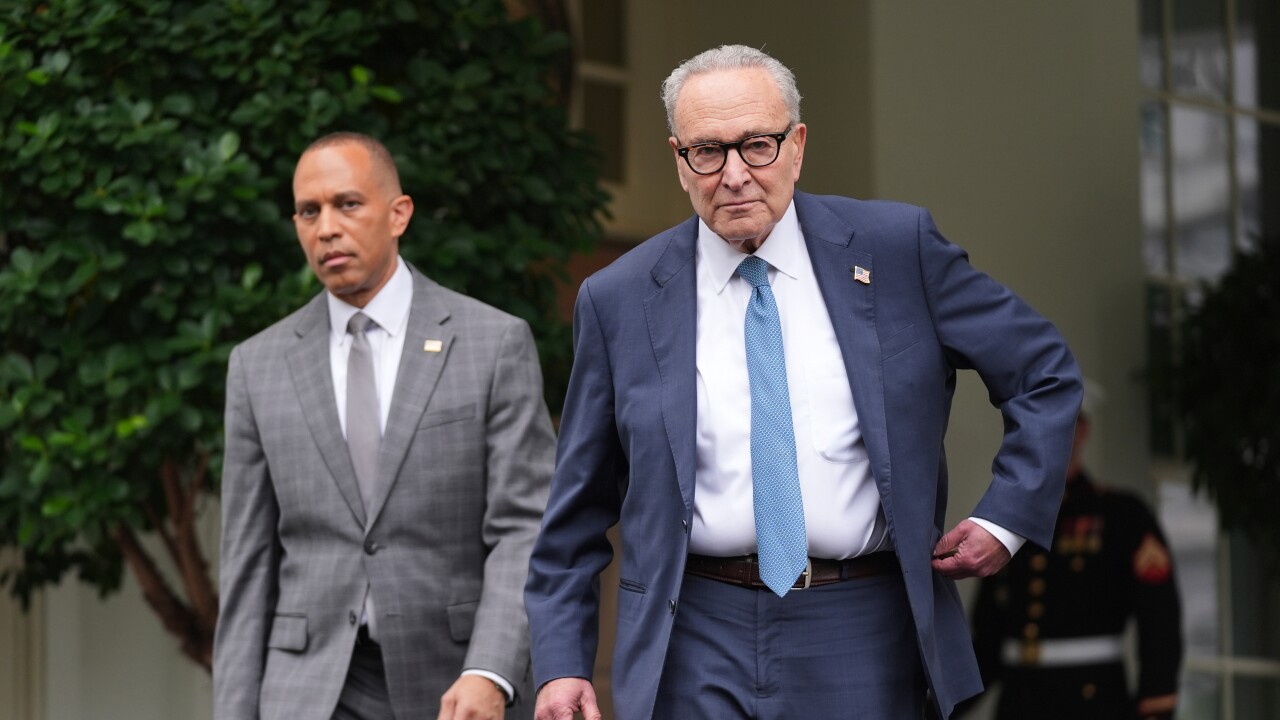The federal government shut down at 12:01 a.m. Eastern on Wednesday after Republicans and Democrats failed to reach a funding deal. It marks the first shutdown since 2019.
On Tuesday night, the Senate rejected two last-ditch efforts to avert a shutdown — one backed by Democrats and another by Republicans. Both proposals fell short of the 60 votes needed to advance.
Democrats pushed to include health care provisions in any agreement, pointing to expiring Affordable Care Act subsidies. Without action, they warn, millions of Americans could face higher insurance premiums in the months ahead.
Republicans countered that health care should not be part of the current funding debate.
The Senate is expected to take up both measures again on Wednesday.
RELATED STORY | From Social Security to TSA: How agencies plan to operate during a shutdown
Shutdown Impact
Thousands of federal workers could be furloughed or even laid off during a shutdown.
Those deemed essential, including members of the military, will have to work without receiving their normal paycheck. They will receive back pay once the government reopens, but there's no telling how long a shutdown might last.
Government agencies will be affected differently during a shutdown. The IRS plans to use leftover funds from the Inflation Reduction Act to cover employee pay for at least the first few days. Other agencies will operate with skeleton crews, distinguishing between essential and non-essential workers.
Additionally, national parks may close or limit services, affecting families with planned visits and reservations.




